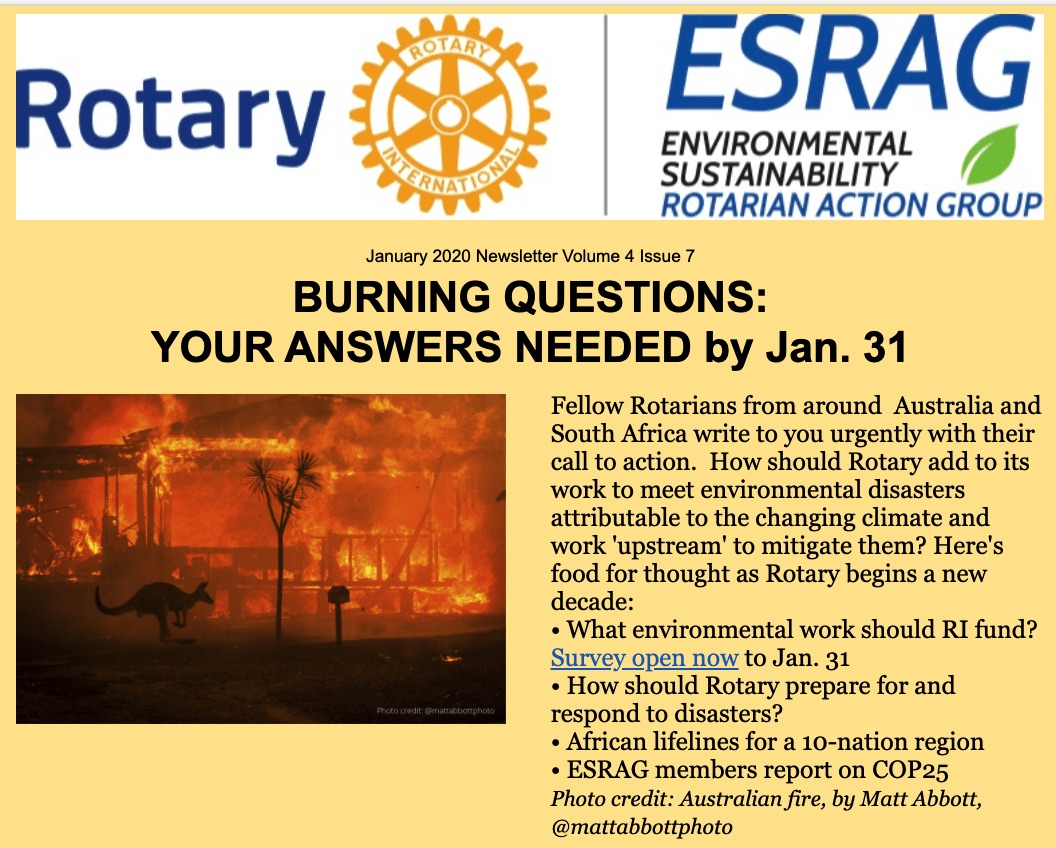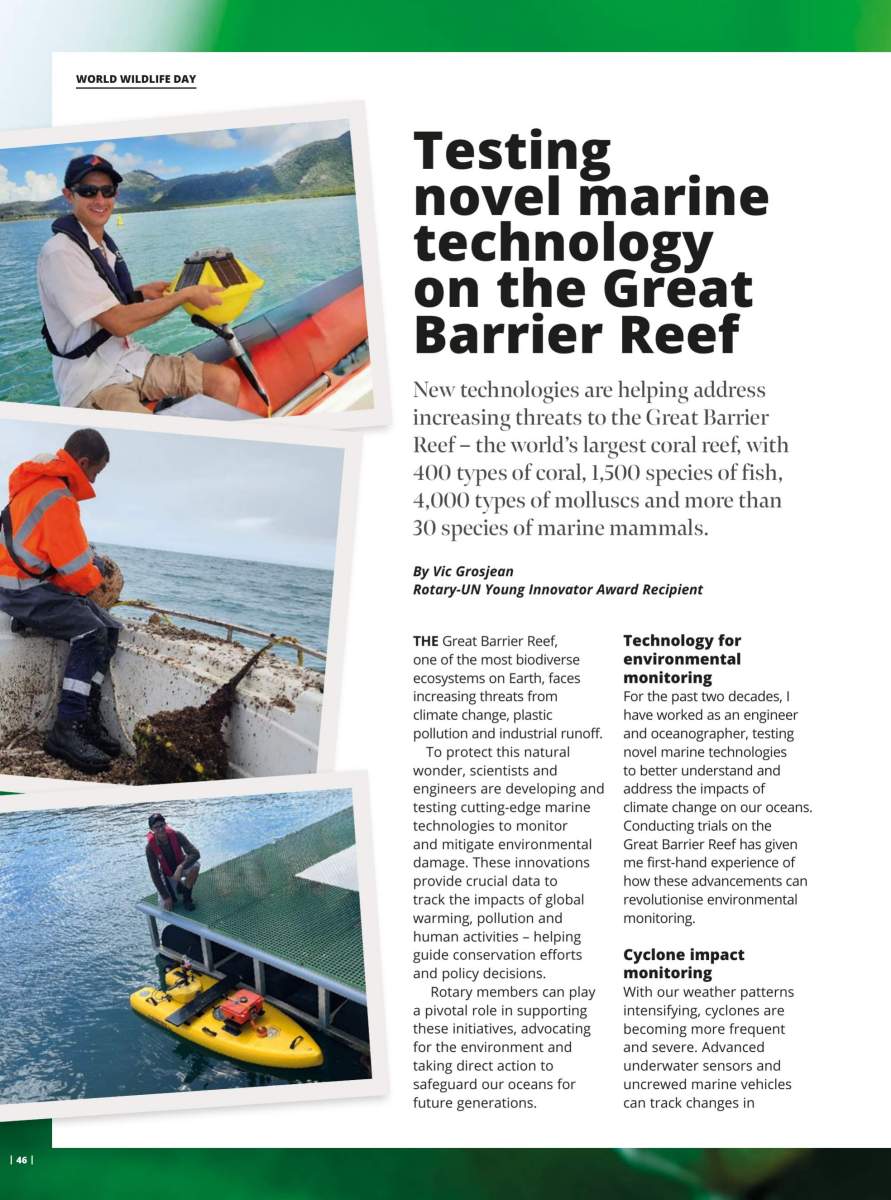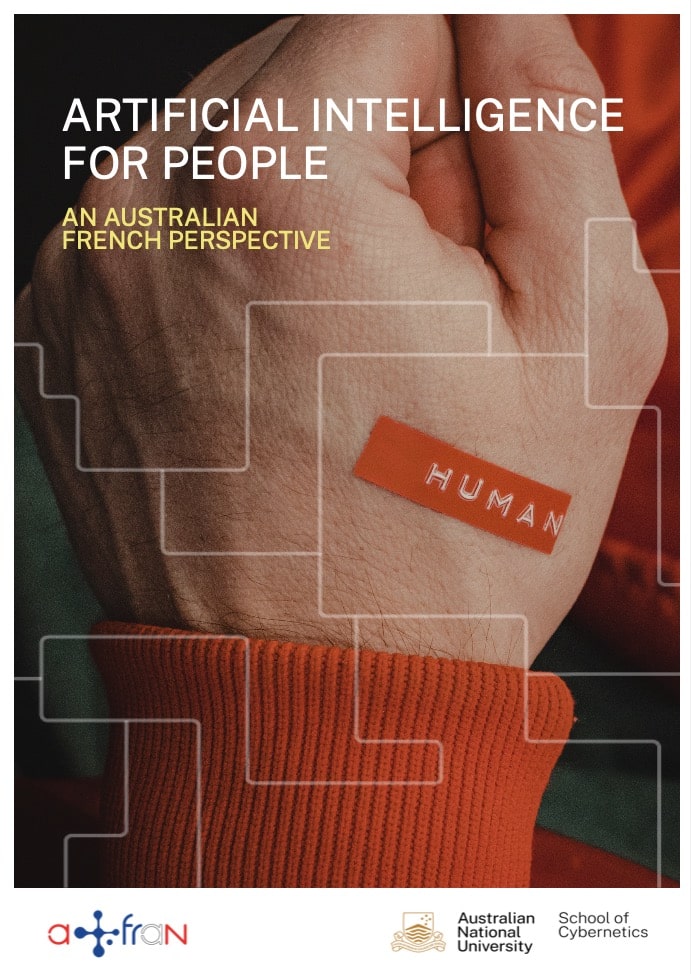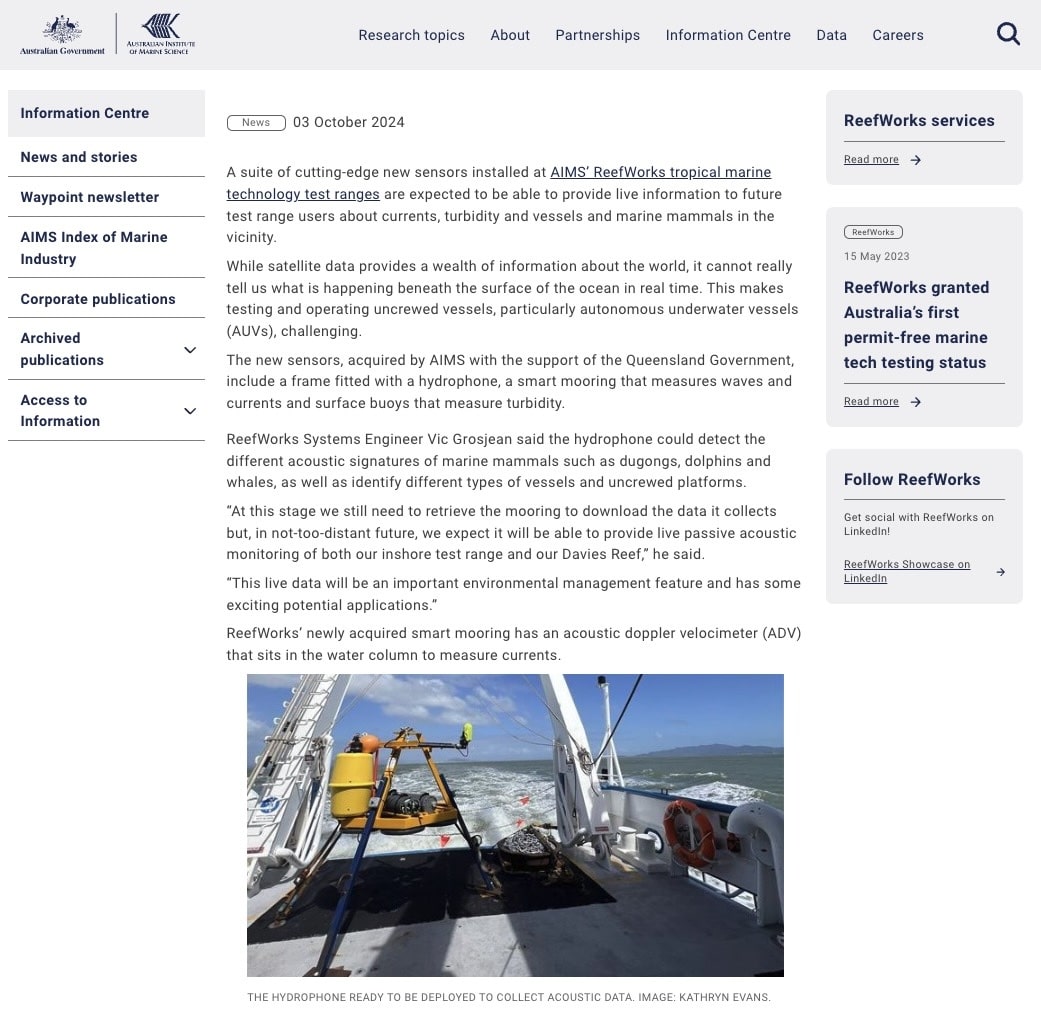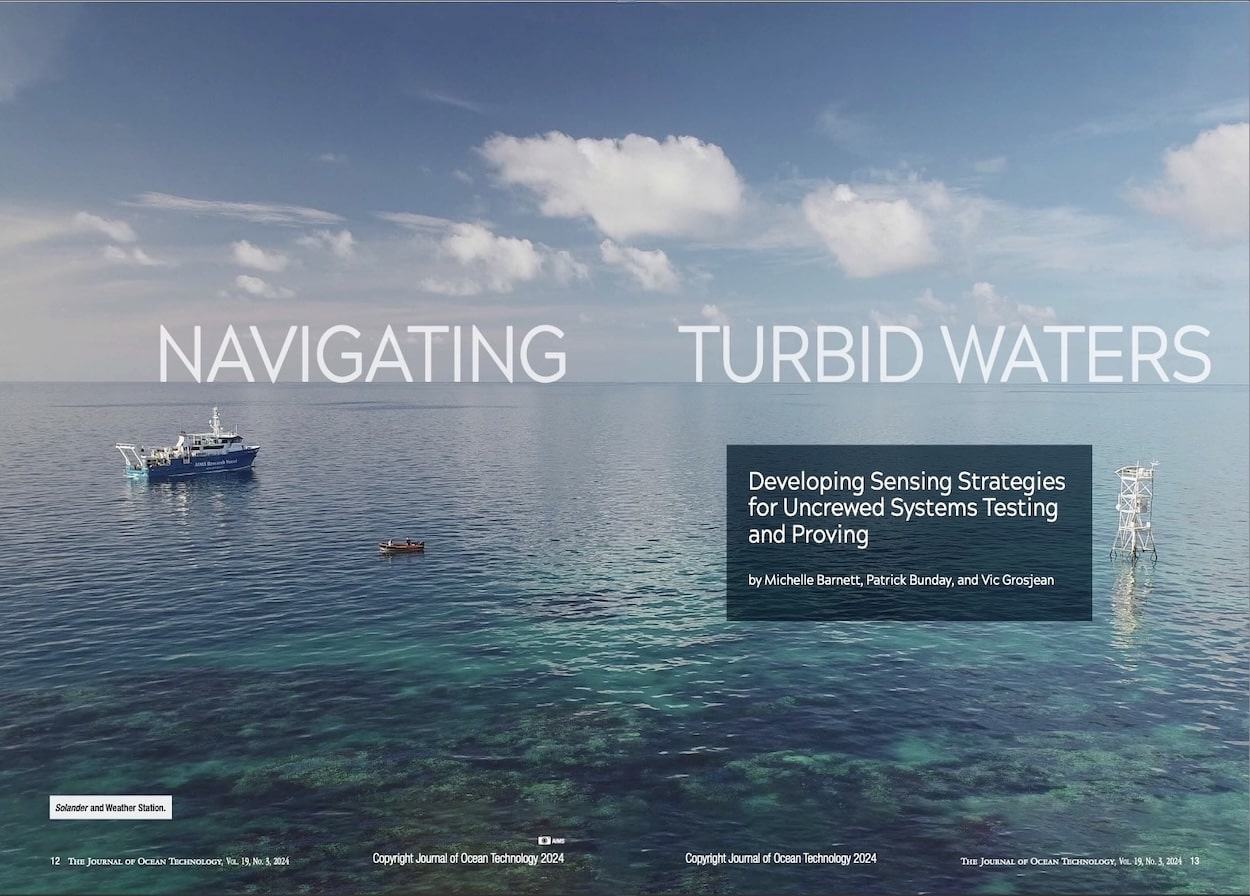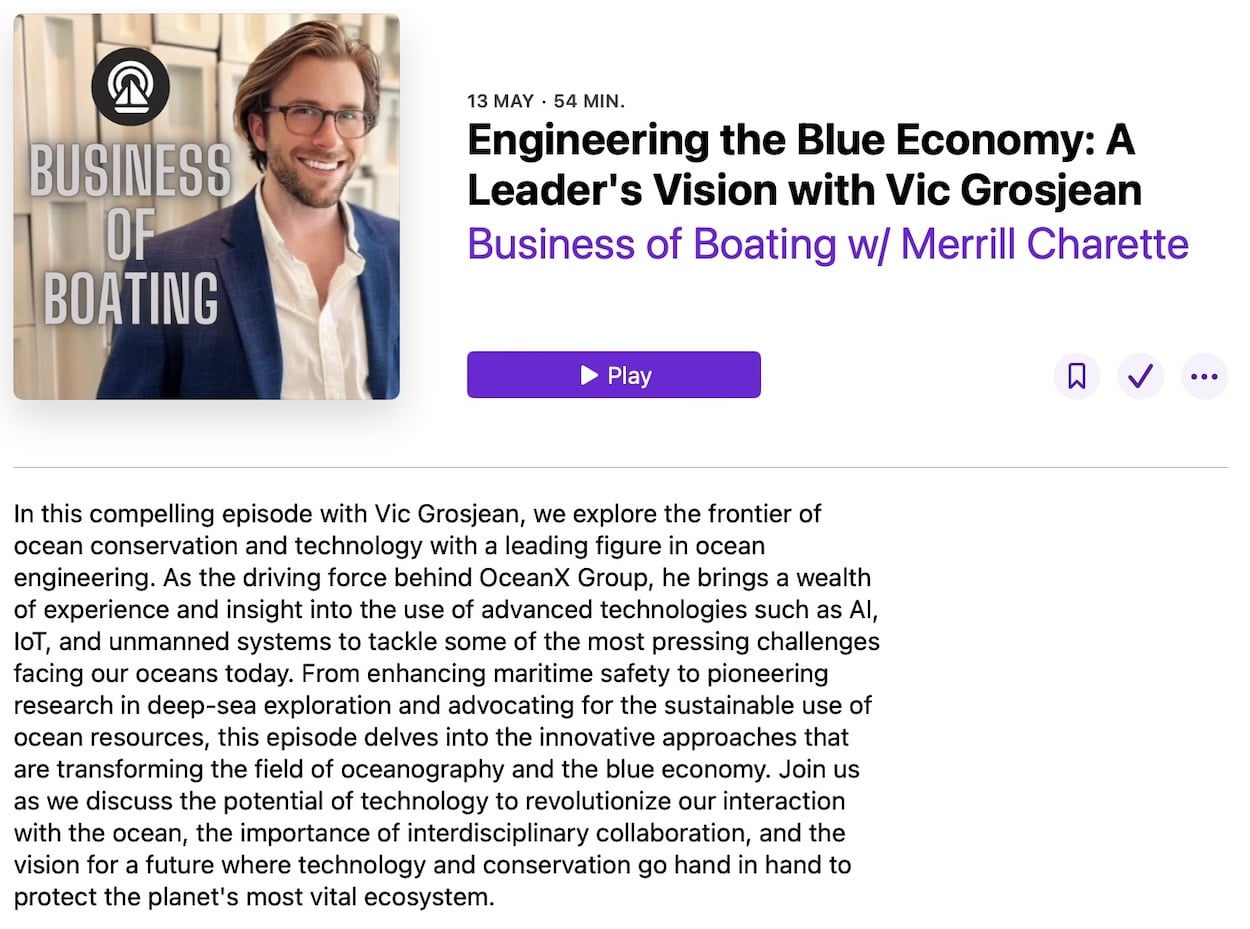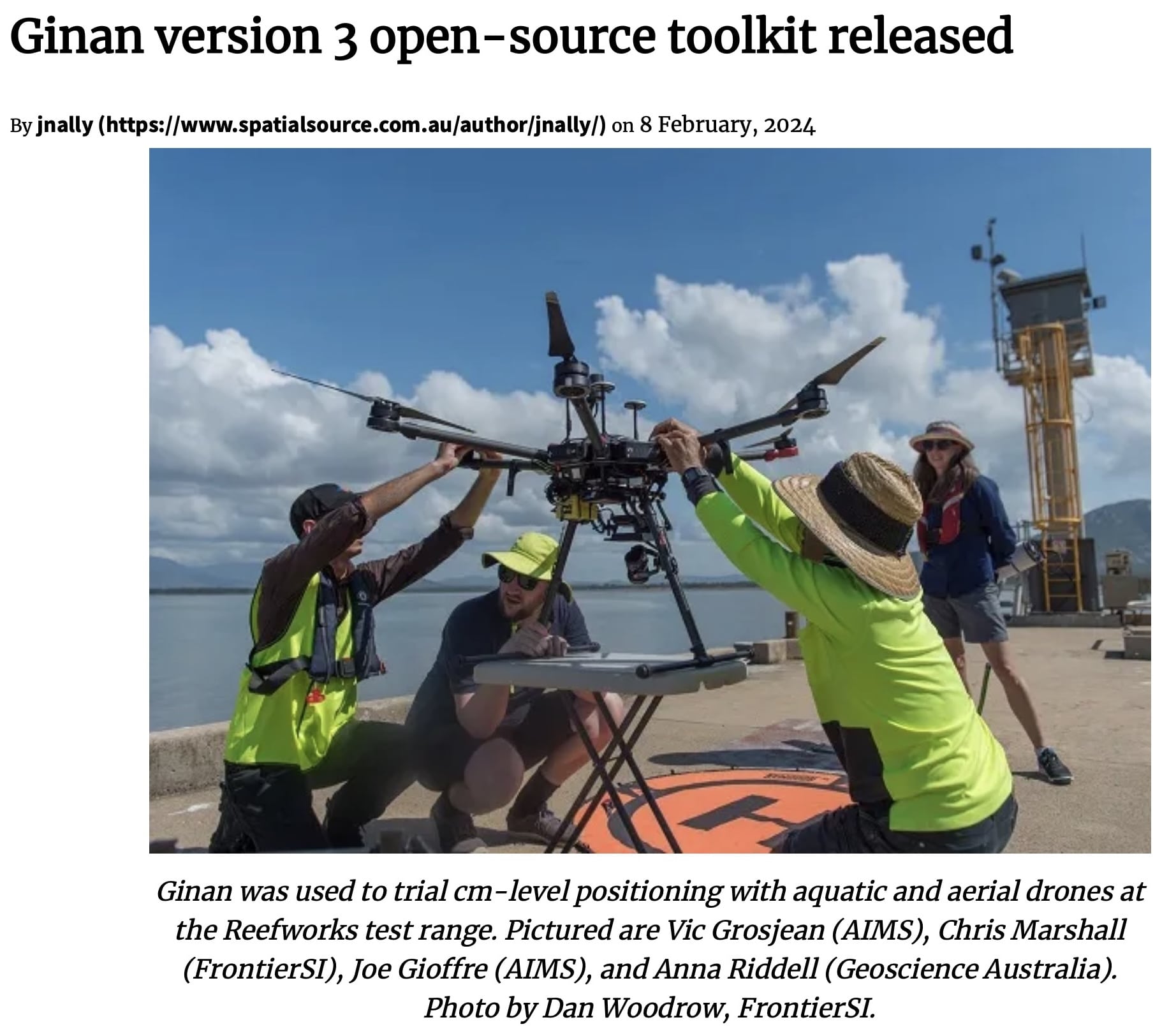| FOR IMMEDIATE RELEASE |
31, January 2020 – Seeking a cohesive response to Global crisis
Vic Grosjean organising a local response to face the impact of Australian bushfires on the environment
Seeking a more cohesive response
by Vic Grosjean, ESRAG board member, Melbourne, Australia
Vic Grosjean was honored as one of Australia’s Most Innovative Engineers 2019 and Rotary’s People of Action: Young Innovators Award 2018. He works on environmental monitoring around the world. He is a member of Rotaract, and also serves on ESRAG’s BOD. His comments below reflect his personal perspectives on this year’s catastrophic bush fires in Australia, and are not necessarily the position of ESRAG’s Board.
Vic will give two talks at the upcoming Innovations in Disaster Recovery and Rescue conference in Melbourne in April. He has sent the following observations from the midst of the wildfire catastrophe sweeping across a vast region of Australia. This crisis, a sign of what’s ahead for increasingly broad areas of the planet, moved him to send these urgent questions to fellow Rotarians.
My primary job is to provide sensor and instrumentation expertise PRIOR, DURING or AFTER disaster recovery situations. I work with the Bureau of Meteorology in supplying sensors all around Australia for hydrological and meteorological applications. I’ve already started to receive requests for water quality sensors and flood warning systems as a result of the nation’s fire catastrophe.
As you can imagine, the “DURING” situation is about to last a tremendous amount of time, putting our resources under extreme stress. It is very difficult to assess the losses, keep fighting and at the same time manage offers of help from people all around the world. For instance, people have contacted me, saying they are ready to travel immediately to Australia to take care of animals.
It is not always easy to direct the help to the right contacts without a very organised local and international network. Initially, as this catastrophic event has unfolded, I have felt paralyzed and helpless. I have wondered: Might ESRAG have a role in helping to coordinate cohesive, properly scaled responses to environmental disasters? The New York Times offered a few specific suggestions for pitching in to help Australia.
What should we do after the crisis? Once the emotion drops and the human and animal rescue is delivered, it will be time to rebuild our forests. Should we replace with the same local trees or adapt to global warming and change the ecosystem now the animals are gone? As Alexis Wright explains in an op-ed for the New York Times, Australian aborigines have developed methods to manage fires over the past 60,000 years. It is critical to learn from their knowledge and harmony with the environment.
This National Geographic article predicts the devastating impact ahead for drinking water supplies, food chains for wildlife, and coastal fisheries, as huge volumes of ash are deposited by wind and the rains that must ultimately come.
Sometimes something bad happening can have a positive impact. There is an intense feeling that from chaos and apocalyptic scenes something completely new could emerge which goes beyond Australian frontiers. Would politicians in Australia and the US re- consider environment? Will environment become its own Area of Focus in Rotary? Would we unite all Australian clubs through an environmental Centenary project? Would
ESRAG consider including an emergency response team? We are still in shock of what is happening to our country, homes, and lives. It is difficult to assess the changing perspective among politicians and Rotarians as the emergency is still ongoing. One thing is for sure, everyone here is being affected on a financial, personal or health level.
I would like to open a call to action for people who want to help. It is still very early to assess what will be needed from restoring vegetation, working with bees, assessing water quality in our rivers, monitoring air quality, etc. Having a list of volunteers will help when we are ready to launch an action recovery plan.
‘Seeking, Issue number, 31 Jan 2020, by Ariel Miller, on ‘ESRAG Newsletter, Organize an appropriate response to face the impacts of Australian bushfires on the environment.
Join the conversation and help us clean our oceans!
